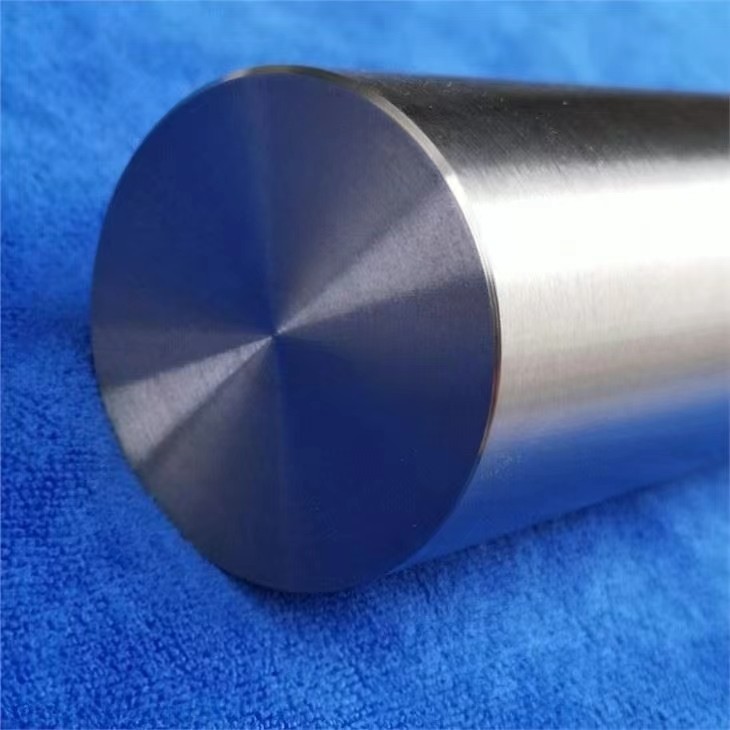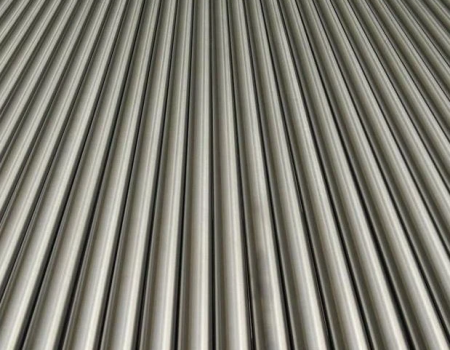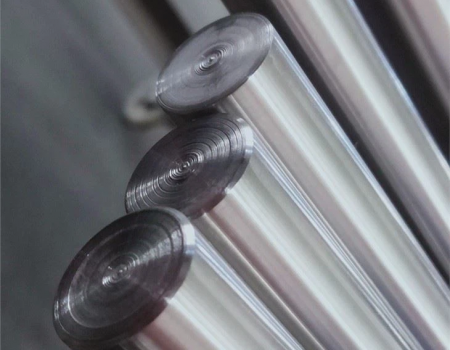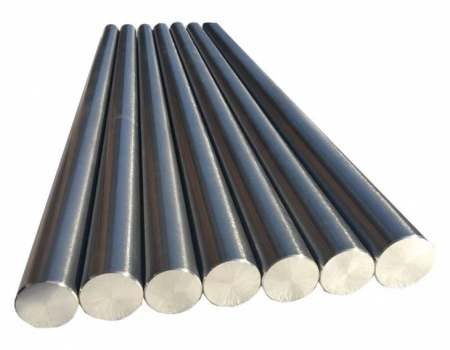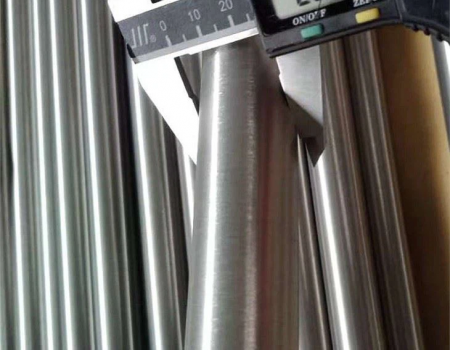The requirements for implant materials can be classified into three aspects: surgical implant titanium bar, titanium wires, titanium forgings, the biocompatibility of titanium plates with the human body, and the material's compatibility in the human environment.
Corrosion resistance and mechanical properties of materials, as long-term implant materials, have the following 6 specific requirements:
①Corrosion resistance;
②Biocompatibility; ③Superior mechanical and fatigue properties;
④Toughness;
⑤Low modulus of elasticity;
⑥ Good wear resistance in the combination;
The comparison of material properties and bone properties and the comparison of implant material properties are shown in Table 1 and Table 2. From Table 2, the properties of the implant materials can be seen. Stainless steel is cheap and easy to process, but its corrosion resistance and biocompatibility are not as good as titanium alloys; cobalt-chromium alloys have better corrosion resistance than titanium alloys, but they are denser; titanium and titanium alloy rods, wires, plates and other materials are due to The characteristics of high specific strength, biocompatibility and good body fluid corrosion resistance are becoming more and more important.
Baoji Xinjianchuang Metal Manufacturing Co., Ltd has focused on forging titanium and titanium alloys for more than ten years. It has a complete titanium alloy production line. It has rich experience in the production of surgical implant titanium bar. The surgical implant titanium bar have a short customized construction period and comply with quality regulations. Welcome your order!
Welcome to send an inquiry to mira@xjcmetal.com at any time if you need.


